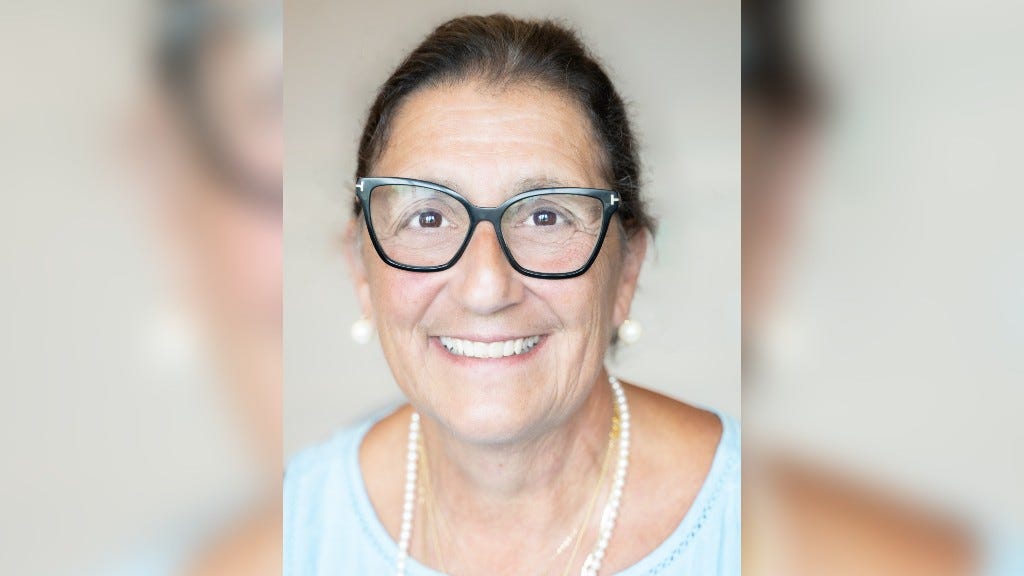Pharmacists empowered to treat pink eye
New Brunswick government expands list of ailments that can be treated at pharmacies
The province’s move to add conjunctivitis to the list of ailments pharmacists can assess and treat demonstrates the vital role they play in health care, says the head of the professional association.
The New Brunswick Department of Health issued a news release Tuesday morning announcing that pharmacists can now treat conjunctivitis, more commonly referred to as pink eye.
The condition is an inflammation of the conjunctiva, the transparent membrane lining the eyelid and eyeball.
The province has added pink eye to the list of health issues pharmacists are now authorized to assess and treat, the release said, and that means government will pay pharmacists for the time they spend doing so.
The department estimates about 1,100 patients with conjunctivitis visited walk-in clinics in New Brunswick in the past year, according to the news release.
“Pharmacists have been able to do this for a number of years,” said Anne Marie Picone, interim executive director of the New Brunswick Pharmacists’ Association.
But by adding pink-eye infections to the list of approved conditions, pharmacists will be compensated for those assessments, she said.
Furthermore, it recognizes the key role they play in health care, Picone said.
She said the usual treatment is an over-the-counter medication - usually drops - but there are times when a stronger measure may be required.
“There are other antibiotics that potentially can be used,” she said.
The change announced by the province Tuesday also means pharmacists can prescribe a different antibiotic if it’s called for, Picone said.
The reasons for needing a more potent, prescription antibiotic for conjunctivitis vary, she said, such as repeated infections or an allergy to a component in the drops.
The practice of funding pharmacists’ treatment of pink eye was already adopted inQuebec, Ontario and Saskatchewan, the release noted.
Pink eye is just the latest health issue the province has approved for treatment at the pharmacy level.
The government announced in May that New Brunswickers could attend participating pharmacies for publicly funded care for the following: contact allergic dermatitis, cold sores, mild to moderate eczema, gastroesophageal reflux disease, impetigo, Lyme disease prevention after a high-risk tick bite, and mild acne.
Funding for conjunctivitis care from pharmacists choosing to take part in the program starts Tuesday, it said.
Picone said the public perception of pharmacists’ contributions to health care have shifted in recent years, notably during the COVID-19 pandemic.
“COVID no doubt opened people’s eyes to what pharmacists can do,” she said.
“Pharmacists are there to help. They’re there to treat.”
As pressures on the health-care system have grown, Picone said, pharmacists have stepped up to take on more responsibilities.
It’s been a two-way street, she said, with government seeking solutions to challenges in the system and the association lobbying for more responsibility and funding to go with it.
The result has been a win-win situation for patients and for the pharmacist profession, she said.
Pharmacists aren’t meant to take doctors’ place altogether, Picone said, and there are clear limits to the services they can offer.
“We can’t do things that are not within our scope of practice,” she said.
But pharmacists know what they don’t know and what they’re not supposed to go, Picone said. But in those instances, she said, they also fulfil a role by redirecting patients to the appropriate health-care provider.
The Health Department released stated a reason for funding treatments for such minor conditions at the pharmacy level is to alleviate pressures on emergency rooms, walk-in clinic and doctors’ offices.
It noted that while the program allows for the pharmacists’ time to be funded by the province, they’re not required to offer the service, and any drops or other products needed to treat the condition aren’t covered by government.
“People are advised to ask their local pharmacist which services are available, as it is not mandatory for every pharmacist to treat all minor ailments,” the release said.
“While the cost of the consultation for certain ailments is covered, patients are still responsible for the cost of prescribed medications, as well as any fees for injections provided by pharmacy professionals.”
Don MacPherson can be contacted at ftonindependent@gmail.com.






Great news. Extremely well qualified professionals. Every thing that give individuals quicker access to care,is a bonus